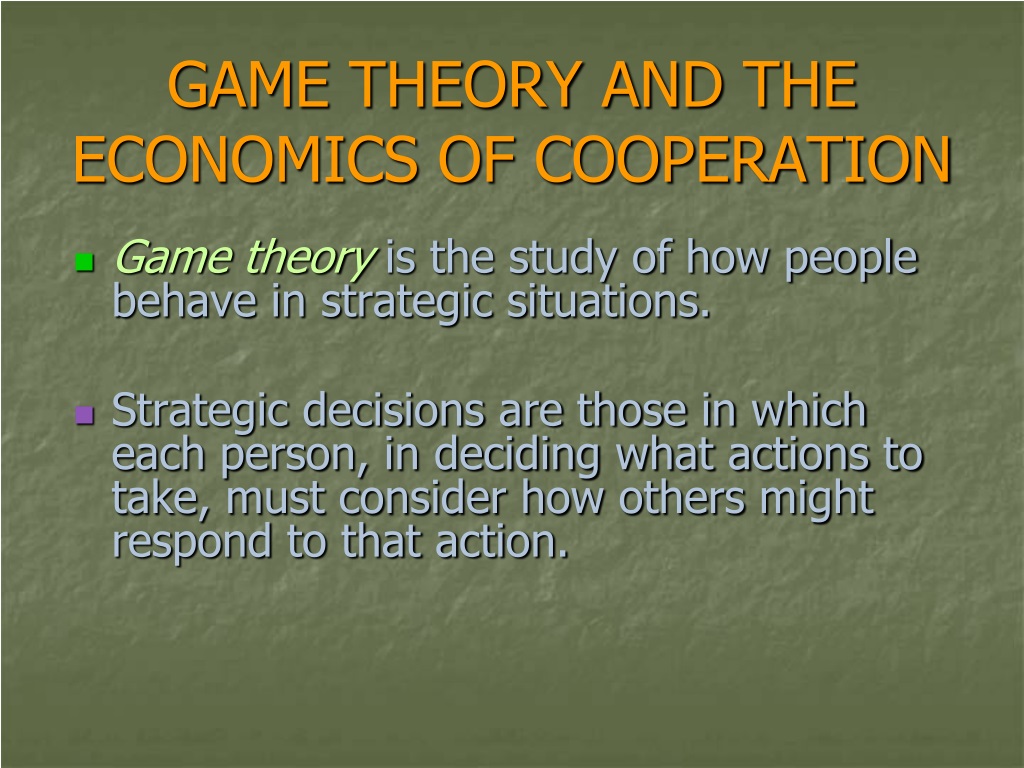For those who love philosophy, debates are high up on the list of favorite activities. Whether it is reading, watching, listening, or participating in debates, this activity is stimulating and informative and, for the philosophy lover, it can be a lot of fun. Certainly, not all debates fall in this category but there was a recent debate that, I believe, is memorable.
One of the most significant political and legal events of the year was The Supreme Court case in February, United States v. Alvarez. The Supreme Court consented to hear this case regarding the validity of the Stolen Valor Act of 2005. The Stolen Valor Act states “whoever falsely represents himself or herself, verbally or in writing, to have been awarded any decoration or medal authorized by Congress for the Armed Forces of the United States … shall be fined under this title, imprisoned not more than six months, or both." This case was brought against Xavier Alvarez, an elected member of a Los Angeles area water board. In 2007, Alvarez introduced himself at a public meeting as a retired Marine. In addition, he stated that he received a Medal of Honor in 1987. Alvarez lied on both counts. As a result, Alvarez would become the first person convicted under the Stolen Valor Act. Alvarez appealed his conviction on the ground that the Stolen Valor Act violates the First Amendment protections for free speech. The 9th Circuit Court agreed with Alvarez and struck down the Stolen Valor Act in 2010. The judges argued, “The Act therefore concerns us because of its potential for setting a precedent whereby the government may proscribe speech solely because it is a lie….All previous circumstances in which lies have been found proscribable involve not just knowing falsity, but additional elements that serve to narrow what speech may be punished.” This appellate court ruling set up an interesting legal battle in the Supreme Court.
The purpose of the case before the Supreme Court was to determine whether the Stolen Valor Act violates the First Amendment’s guarantee of the right to free speech. What ensued was an engaging back and forth between the judges and the lawyers. The 9 justices, along with Solicitor General Donald Verrilli and Alvarez’s lawyer Jonathan Libby, discussed hypothetical situations in which lies were told and the impact of those lies on free speech. For instance, Justice Stephen G. Breyer said it was all right to lie when asked, “Are there Jews hiding in the cellar?” Justice Samuel A. Alito Jr. suggested that it was acceptable to punish a false statement that “your child has just been run over by a bus.” Justice Sonia Sotomayor asked about false statements made while dating. Justice Elena Kagan asked about lies concerning extramarital affairs. All of these hypothetical situations were presented in order to determine if the punishing for speaking falsely can be harmful to right of free speech. Although the content of the proceedings was intriguing, the philosophical method employed during the proceedings was even more so.
It was as if Socrates himself was there in the court. The dialectical method used by the judges was evident as they utilized questions to obtain the judgments required by this case. The dialectical method, popularized by Plato’s Socratic dialogues, is an inquiry into the truth by employing the exchange of arguments and questions. Typically, questions are used for three reasons: to provoke people to think more critically of their beliefs, to expose the flaws of a particular view, and to eliminate inadequate or irrational views. This is exactly what the Supreme Court justices engaged in during the Alvarez case. Justices presented hypothetical situations in the form of questions with the aim of determining if there are situations in which the punishment of false speech violates the First Amendment’s guarantee of the right to free speech. Subsequently, if the justices determine that these situations exist, then they must determine whether the Stolen Valor Act is a violation of the right to free speech.
Although there is a plethora of exchanges that can be cited as examples, the following exchange involving Justice Scalia and Jonathan Libby serves as a great illustration of the use of a philosophical method such as the dialectical when one is searching for the truth. In this exchange, Justice Scalia cites the example of someone lying about receiving a Congressional Medal of Honor.
JUSTICE SCALIA: What if he just gets the cheers of the crowd? He’s up there. I’m a congressional Medal of — the crowd cheers, and they give him a parade down Main Street. Is — is that something of value?
MR. LIBBY: It could be. Again, it — it will come down to, over time, how that ultimately gets –
JUSTICE ALITO: But that’s not — the answer is would the First Amendment permit that.
MR. LIBBY: That’s a difficult question, Your Honor.
JUSTICE ALITO: Well, that’s sort of the question we have to answer here.
MR. LIBBY: Sure.
(Laughter.)
MR. LIBBY: And I get that.
Reading the transcripts of the case and reading the reports from the courthouse surely must generate excitement on the part of philosophy lovers. The dialectical method employed by the justices and attorneys in this case shows us the worth of philosophy in everyday life, especially in public policy. The value of rational and critical discussion—something which many Americans feel has disappeared from our government’s deliberations—is evident in this Supreme Court case. For some, it may seem unnecessary and insignificant to point out the method used by the justices and the attorneys. However, for those who understand that philosophy remains important and valuable, exchanges like these illustrate why.







